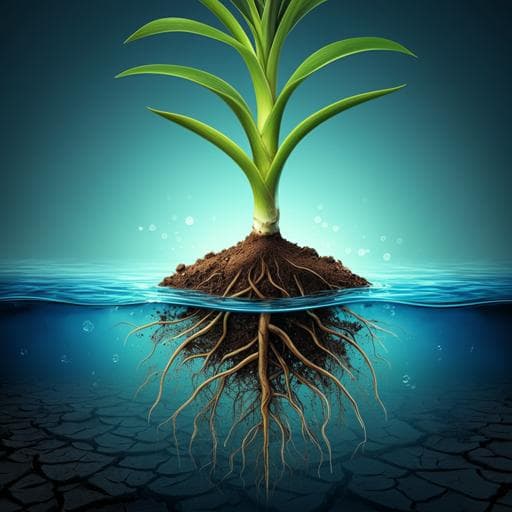
Agriculture
Silver lining to a climate crisis in multiple prospects for alleviating crop waterlogging under future climates
K. Liu, M. T. Harrison, et al.
This groundbreaking study by Ke Liu, Matthew Tom Harrison, and their co-authors unveils critical insights into the impacts of crop waterlogging on food security. It reveals a significant increase in yield penalties due to waterlogging, projected to rise notably by 2080. The research explores adaptation strategies using current stress patterns to tackle future challenges in agriculture.
Related Publications
Explore these studies to deepen your understanding of the subject.







